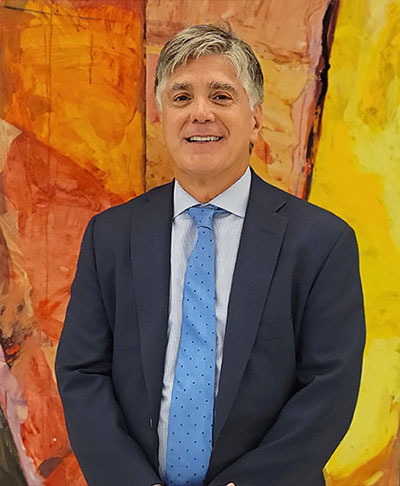Professor Comizio Featured on a Panel on Blockchain Arbitration and the Resolution of Cryptocurrency Disputes at Paris Arbitration Week

On April 1, 2022, Brown Rudnick LLP, sponsored a panel at Paris Arbitration Week on “Blockchain Arbitration and the Resolution of Cryptocurrency Disputes.” Featured among the key speakers was Professor Gerard Comizio, Associate Director of the American University Business Law Program, who spoke on the different Legal, Regulatory & Law Enforcement Concerns regarding virtual currency and the various government legal/regulatory responses.
In his presentation, Professor Comizio described the growth of virtual currencies and stated they are “here to stay” given the rising number of financial institutions investing in Bitcoin-related products among other indicators. Though he also stated that crypto has been dogged from its inception by law enforcement and regulatory concerns-and now even national security concerns regarding its uses related to illicit activities such as narcotrafficking, terrorism, and money laundering among others.
Additionally, Professor Comizio discussed the responses of various government responses, ranging from China’s prohibition on crypto trading to the digital currencies being proposed and introduced by countries such as Ecuador, Senegal, Singapore, Tunisia. However, he also noted that the U.S. has no comprehensive regulatory scheme of virtual currency regulation, but rather, there is an emerging legal and regulatory framework driven by state and federal government and regulatory agencies as they determine that crypto shares characteristics found in more traditional regulated financial services, products, activities, and investments.
Professor Comizio then analyzed the potential issues that could arise from crypto activities such as the use of arbitration clauses/agreements related to customer account transactions with crypto currency trading exchanges similar to broker-dealer industry provisions, but that operate without a self-regulatory organization like FINRA or other national licensing requirements. Lastly, he advocated for the need for model agreements to use in crypto transactions with sufficient regulatory force behind them. The presentation slides may be found here.